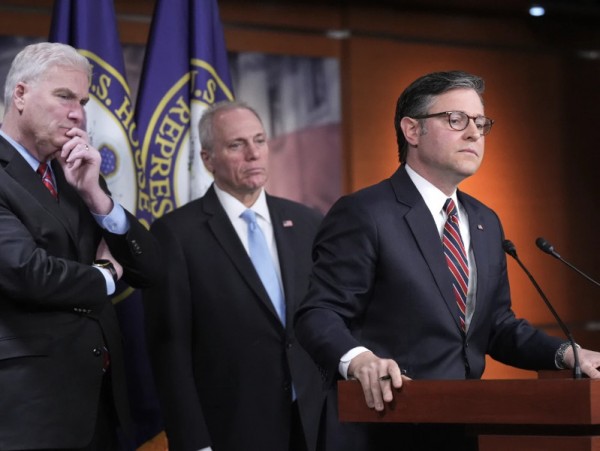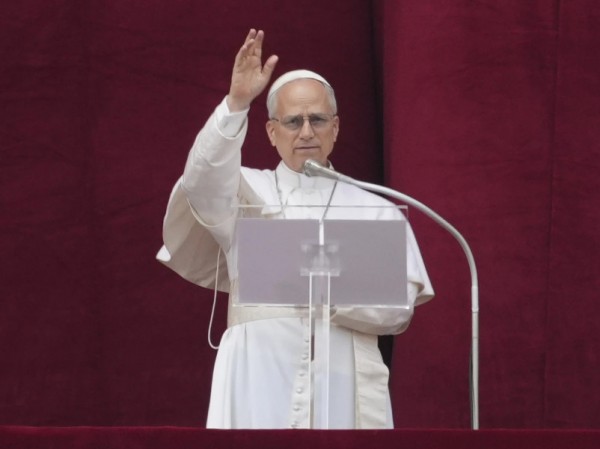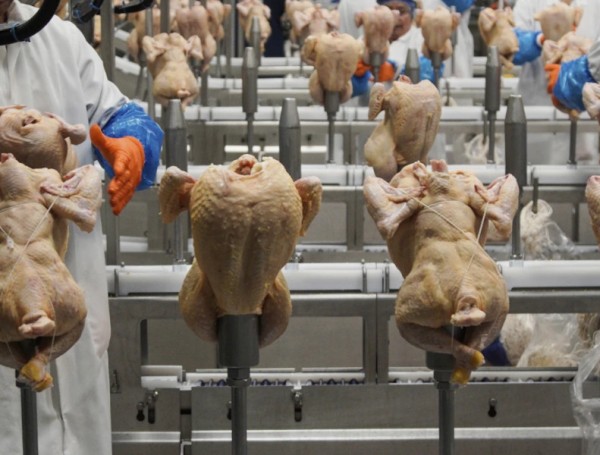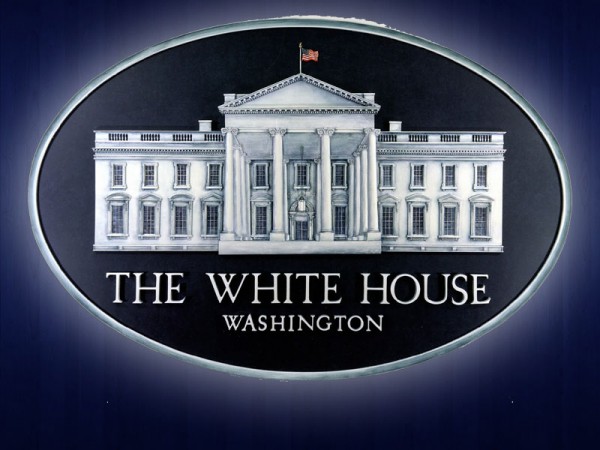BAKU, Azerbaijan (AP) — A new draft text released early Thursday which will form the basis of any deal reached at United Nations climate talks on money for developing countries to transition to clean energy and adapt to climate change left out a crucial sticking point: how much wealthy nations will pay.
Negotiators at the talks — known as COP29 — in Baku, Azerbaijan, are trying to close the gap between the $1.3 trillion the developing world says is needed in climate finance and the few hundred billion that negotiators say richer nations have been prepared to give.
But the EU's climate envoy Wopke Hoekstra told a meeting of negotiators set up by the COP29 Presidency on Thursday that “the text we now have in front of us, in our view, is imbalanced, unworkable, and not acceptable.”
Independent experts say that at least $1 trillion is needed in finance to help transition away from planet-warming fossil fuels and toward clean energy like solar and wind, better adapt to the effects of climate change and pay for losses and damages caused by extreme weather.
Mohamed Adow, director of the think tank Power Shift Africa, also disappointment at the lack of a figure. “We came here to talk about money. The way you measure money is with numbers. We need a cheque but all we have right now is a blank piece of paper,” he said.
Iskander Erzini Vernoit, director of Moroccan climate think-tank Imal Initiative for Climate and Development, said he was “at a loss for words at how disappointed we are at this stage to have come this far without serious numbers on the table and serious engagement from the developed countries.”
He said that some developed nations “are slowly waking up” to the fact that keeping warming to below 1.5 degrees Celsius (2.7 degrees Fahrenheit) above pre-industrial times will require over a trillion dollars in finance. “But many are still asleep at the wheel,” he said.
Mariana Paoli, of Christian Aid, also laid the blame at the feet of developed nations.
“Rich countries had one job to do: lay out how much finance they are going to provide, but there’s no actual numbers in the latest text," she said. “It’s like developed countries are saying the dog ate their homework.
Li Shuo, Asia Society Policy Institute Director, said the draft text on money “presents two extreme ends of the aisle without much in between."
The talks' presidency — that puts the drafts together based on the negotiations — “has not delivered as we had expected,” said German climate envoy Jennifer Morgan.
“We are confronted with a text on finance that is laid out to divide us, exactly at a time when the presidency should be working to unite us," she said. “Instead of bridging divides we see extreme positions.”
In a statement, the COP29 Presidency stressed that the drafts “are not final.”
“The COP29 Presidency’s door is always open, and we welcome any bridging proposals that the parties wish to present,” the Presidency said in a statement. It added that possible numbers for a finance goal will be released in the next iteration of the draft.
There are three big parts of the issue where negotiators need to find agreement: How big the numbers are, how much is grants or loans, and who contributes.
Official observers of the talks from the International Institute of Sustainable Development who are allowed to sit in on the closed meetings reported that negotiators have now agreed on not expanding the list of countries that will contribute to global climate funds — at least at these talks. Linda Kalcher, of the think tank Strategic Partnerships, said on the question of grants or loans, the draft text suggests “the need for grants and better access to finance.”
She added that the lack of numbers in the draft text could be a “bluff.” The COP29 presidency, which prepares the texts “should know more ... than what they put on the table,” she said.
Other areas that are being negotiated include commitments to slash planet-warming fossil fuels and how to adapt to climate change. But they’ve also seen little movement despite new draft deals on those issues also being published overnight, observers say.
Harry Camilleri, a researcher at E3G, said the draft text on slashing fossil fuels “is light on substance.” To move forward, countries will need to pledge ambitious updates to their national climate goals, he said.
But David Tong, a campaign manager at climate advocacy group Oil Change International said “ambition has gone missing” from that draft deal.
___
The Associated Press’ climate and environmental coverage receives financial support from multiple private foundations. AP is solely responsible for all content. Find AP’s standards for working with philanthropies, a list of supporters and funded coverage areas at AP.org.




















